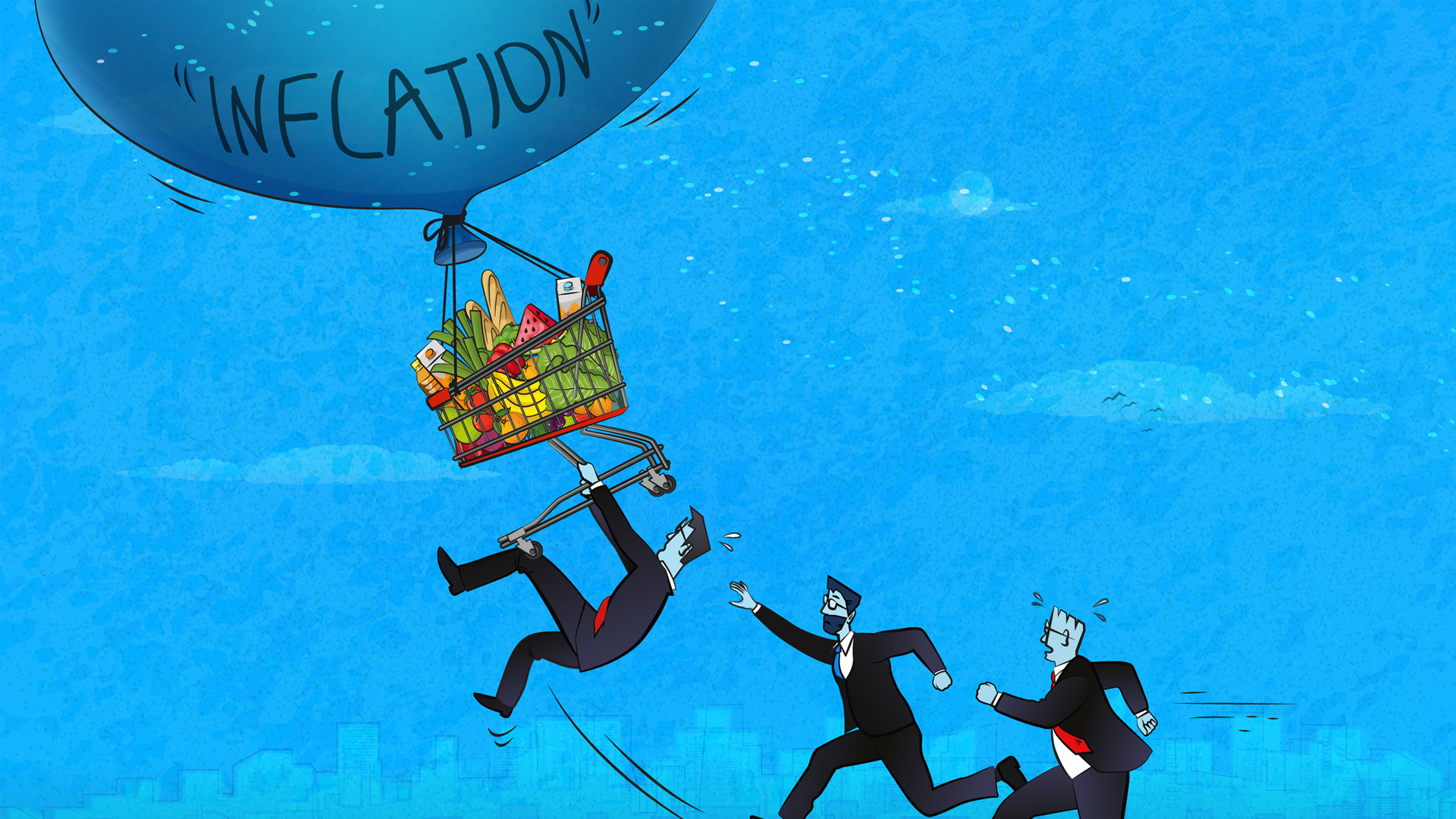
Stephen Tapp’s excellent post about deficits and debt — and particularly his observation that the consensus thinking is « stuck in the 1990s » — reminded me of something similar south of the border.
Far too many Republicans idolize Ronald Reagan — or rather, a cartoonish image of Ronald Reagan. For the Reagan-worshippers, what the United States needs is a stiff tax cut for top earners, which will generate investment and make the economy roar. This is a timeless remedy. It doesn’t matter if the budget is in surplus or deficit, if the economy is growing or shrinking, or even if the country is at peace or war. The prescription is always the same. It is forever 1980.
But as David Frum noted in his look at the GOP’s perennial nostalgia, it’s not 1980. An awful lot has changed. One item is particularly important: In 1980, the top marginal income tax rate was 70%. Since Reagan, it’s never been above 40%. But you would never know that listening to the Reagan-worshippers.
The Canadian thinking that Tapp says is stuck in the 1990s isn’t limited to one party, and it’s probably not as — how shall I put this — cognitively crippling as Reagan idolatry is in the Republican party. But still, it blinkers us. Balanced budgets and declining debt loads are good, all else being equal, but they’re not all that matters, and the debt-to-GDP situation we find ourselves in today is vastly better than it was in the 1990s. (Just look at the chart Tapp reproduced. It’s really quite stunning.)
But still the foundational thinking of so much of our discourse — that a balanced budget is urgent, that government debt loads must come down before dire consequences befall us — is straight out of 1997.
It may not be explicit. But as so often happens, it’s the unspoken assumptions that matter most.
Here, I have to ‘fess up. You know those surveys asking the public what their top priority is for the federal government? I’m one of those people who reflexively said, « pay down debt. » I came of age in the 1990s and I was conditioned by that experience. It worked then, it will work now. Do it again. Keep doing it. Give pigeons food pellets and they’ll repeat whatever they were doing when they got the food. That’s how conditioning works.
But this isn’t 1997. And we’re not pigeons. Stephen Tapp is absolutely right that a reconsideration of deficits and debt is long overdue.








